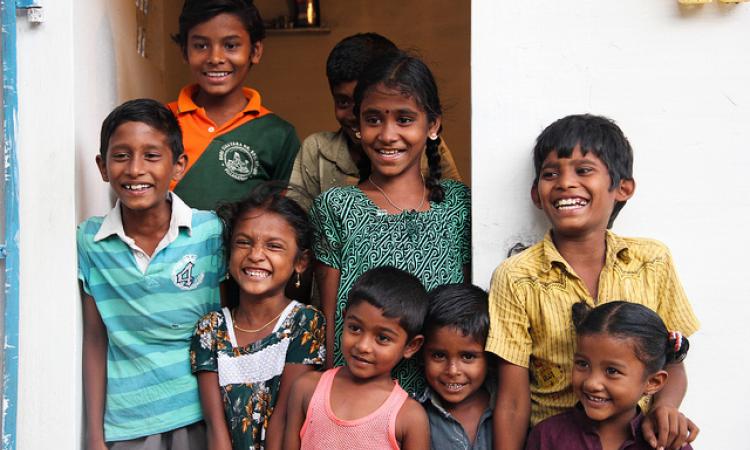
India has largest number of stunted children in the world: Study
According to the recent report by WaterAid, India has the largest number of stunted children in the world, thanks to poor sanitation and poor quality of water. The study further states that, with 48 million stunted children under the age of five, India has more such children than Nigeria, Pakistan, China and the Republic of Congo combined. Stunting is a form of malnutrition in which children are shorter than normal for their age and is largely irreversible after the age of two.
No morphology of rivers and water bodies conducted in flood prone J&K
Despite being flood prone, Jammu & Kashmir has never taken up morphology of the rivers and water bodies. A morphological study helps to understand the uniqueness of rivers and in framing the preventive measures and proper planning of water resources projects. The Central Water Commission had issued detailed guidelines for conducting the morphology of rivers in flood prone states in March 2009 and J&K was one them. However, no seriousness was shown by the state authorities towards conducting such study.
Crop planting picked up by 23.8 percent, thanks to good rains
Crop planting has increased by 23.8 percent, owing to heavy rains in the past weeks. Also, as per the Central Water Commission, there is a significant rise in the water levels of reservoirs and the available water in the 91 important reservoirs stands at 54.419 billion cubic metres (bcm), which was higher than the 10-year average of 52.05 bcm. The increase was largely seen in acreage of rice, pulses and coarse cereals and in the states of Maharashtra, Assam, Chhattisgarh and Punjab. As of now, the overall planting is 3.28 percent higher than the last year.
Telangana, ISRO join hands to monitor the state’s water bodies
Telangana has joined hands with the Indian Space Research Organisation (ISRO) for setting up the first of its kind Telangana Water Resources Information System (TWRIS). The new system will keep an eye on the state’s water resources through satellites. Also, ISRO will be conducting an update of the system with new satellite imagery of all the water bodies in the state every fortnight that will help the government plan effective water use. The data can also help in monitoring the effectiveness of Mission Kakatiya programme.
Krishna river water contains faecal coliforms
The Andhra Pradesh Pollution Control Board (APPCB) has found the presence of faecal coliforms in the Krishna river water, posing a threat of faecal contamination to the pilgrims participating in the Pushkarams river festival. Although the biochemical oxygen demand is well within the standards, the faecal coliform is found to be quite high in the river water making it unfit to drink. Nearly three crore pilgrims are expected to participate in the river festival and the officials have cautioned them against direct consumption of river water though they can take a dip.
This is a roundup of important news updates from July 24 - 30, 2016. Also read last week's policy matters update.
/articles/thanks-dirty-water-indian-children-stunted